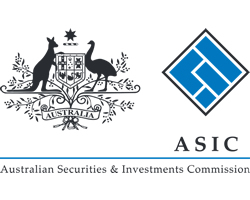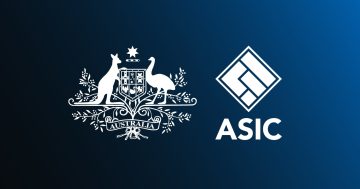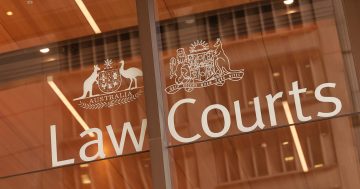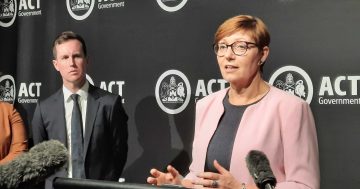John Rolfe* says ASIC has found more than 90 per cent of advice on setting up a self-managed super fund is non-compliant.
 If you are considering joining the 600,000 Australians with a self-managed super fund (SMSF), know this — nearly all advice on setting one up is dodgy, an audit shows.
If you are considering joining the 600,000 Australians with a self-managed super fund (SMSF), know this — nearly all advice on setting one up is dodgy, an audit shows.
And that’s not the only problem.
Many people find running their fund more expensive and time-consuming than they anticipated and are unaware of the legal obligations on them.
These findings have emerged from a major report by the Australian Securities and Investments Commission (ASIC), released last week, which found 91 per cent of 250 files it reviewed did not comply with the Corporations Act’s “best interests” duty and related obligations.
While some of the failures were relatively minor — for example, on record-keeping — in 10 per cent of files reviewed, the client was likely to be significantly worse off in retirement due to the advice.
In 19 per cent, clients were at an increased risk of financial detriment due to a lack of diversification.
“The financial advice sector has significant work to do to lift their performance on this issue,” said ASIC Deputy Chairman, Peter Kell.
ASIC also surveyed people who had set up an SMSF, with more than a third saying that running a fund was more time consuming — and expensive — than expected.
It was common that respondents did not know the law required an SMSF to have an investment strategy.
“There is a lack of basic knowledge of the legal obligations in setting up or running an SMSF,” Mr Kell said.
He also said it was concerning that many people with an SMSF have not understood the importance of diversification, “which puts their financial future at risk”.
Some people were using SMSFs “solely” for the purpose of getting into the property market, he said, without a wider investment strategy.
There was also a growing use of advisers who have a relationship with developers or real estate agents whose products are recommended by the adviser.
ASIC believes this puts people at increased risk of getting advice that isn’t in their best interests.
A recent study by the Productivity Commission found that the returns from SMSFs had “broadly tracked” that of other funds, but that SMSFs containing less than $1 million did much worse than SMSFs of more than $2 million.
* John Rolfe writes for the Telegraph, Herald Sun, Courier-Mail and Advertiser from Sydney. He tweets at @costofliving.
This article first appeared at www.news.com.au.











